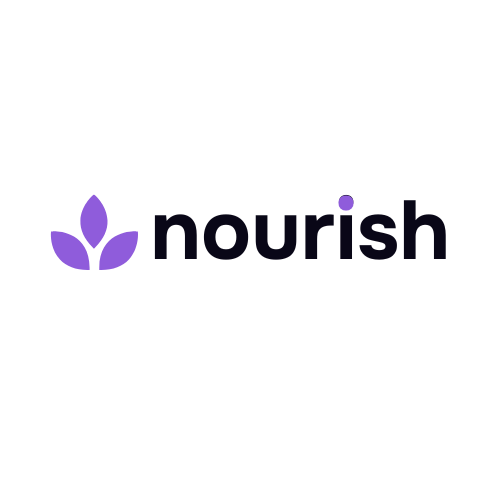Why Teens Need Greens and Guilty Pleasures
- Eden Pardau
- Feb 7, 2025
- 3 min read

When it comes to nutrition, it’s easy to get caught up in extremes. One day, you’re told to cut out sugar completely; the next, someone’s telling you carbs are the enemy. For teens, figuring out what to eat can feel overwhelming. But here’s the truth: good nutrition isn’t about restriction—it’s about balance.
The Science of Balance: Why You Need It All
Your body needs a mix of macronutrients (carbs, proteins, and fats) and micronutrients (vitamins and minerals) to function at its best. Cutting out entire food groups can leave you feeling sluggish, foggy, or even cranky. And while whole foods like fruits, vegetables, lean proteins, and whole grains should make up the majority of your diet, there’s absolutely room for a little indulgence.
In fact, completely avoiding your favorite “junk” foods can backfire. Research shows that overly restrictive eating can lead to intense cravings, making it harder to maintain a healthy diet in the long run. Instead of demonizing certain foods, try thinking of your diet as an 80/20 balance—80% nourishing foods, 20% fun foods. This mindset makes it easier to maintain healthy eating habits without feeling deprived.
Cravings and the Menstrual Cycle: Why You Want Chocolate on Your Period
For all you girls out there: if you’ve ever found yourself desperately searching for chocolate, fries, or ice cream when your period hits, you’re not alone. Hormonal fluctuations during the menstrual cycle—especially a drop in estrogen and serotonin—can increase cravings for carbs and sugar. These foods temporarily boost serotonin (the “feel-good” hormone), which explains why a bowl of mac and cheese can feel like a hug from the inside.
But there’s no need to feel guilty about these cravings. In fact, your body may be telling you it needs more energy! Period-related cravings can also be a sign that your body is looking for magnesium, which is found in chocolate, nuts, and leafy greens. Instead of fighting cravings, try to satisfy them in a balanced way. Have some dark chocolate with almonds, make homemade fries with olive oil, or pair that ice cream with some berries for added fiber.
The Emotional Side of Eating
Food isn’t just fuel—it’s also deeply tied to our emotions. Stress, boredom, and even happiness can influence the way we eat. Teens, in particular, face a lot of stress from school, extracurriculars, and social pressures, which can sometimes lead to emotional eating. While it’s completely normal to enjoy food as a source of comfort, it’s important to recognize when emotional eating becomes a habit.
Instead of turning to food for stress relief, try incorporating other self-care activities like journaling, exercising, or talking to a friend. If you do find yourself reaching for snacks when stressed, opt for nutrient-rich options like nuts, yogurt, or a smoothie—foods that satisfy both emotionally and physically.
How to Build a Healthy, Enjoyable Relationship with Food
The goal isn’t to eat perfectly—it’s to eat in a way that nourishes both your body and your mind. Here’s how to do that:
- Ditch the “good vs. bad” mindset. No food is inherently bad; it’s all about how often and how much you eat it.
- Listen to your body. If you’re craving something, ask yourself what your body might be needing. Sometimes, a craving is just that—a craving! And that’s okay.
- Fuel up with variety. Eating a mix of different foods ensures you’re getting the nutrients you need to stay energized, focused, and strong.
- Enjoy treats without guilt. If you want ice cream, enjoy it. If you love chips, have some. Just balance it out with nutritious meals throughout the day.
- Stay hydrated. Sometimes, what we perceive as hunger is actually thirst. Drinking enough water throughout the day helps regulate appetite and keeps you feeling good.
- Plan ahead. Having healthy snacks readily available can help you make better food choices when hunger strikes.
Nourish Your Body and Mind
At the end of the day, food is meant to fuel your body and bring you joy. It’s not about rigid rules, guilt, or deprivation. Nutrition should be about making choices that help you feel your best while also allowing space for the foods you love. So go ahead—build a plate that nourishes you, both physically and emotionally. The key is balance, and when you embrace that, you’re setting yourself up for a lifetime of healthy eating habits that truly work for you.




Comments